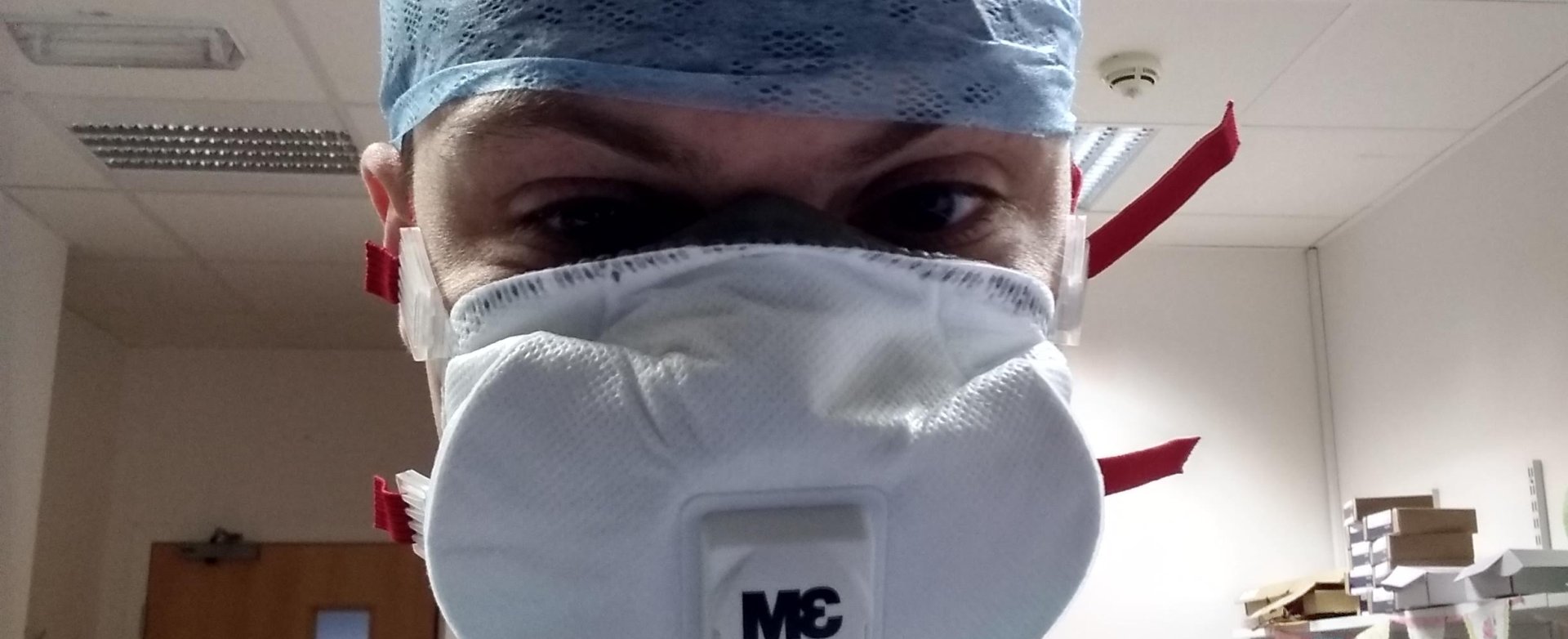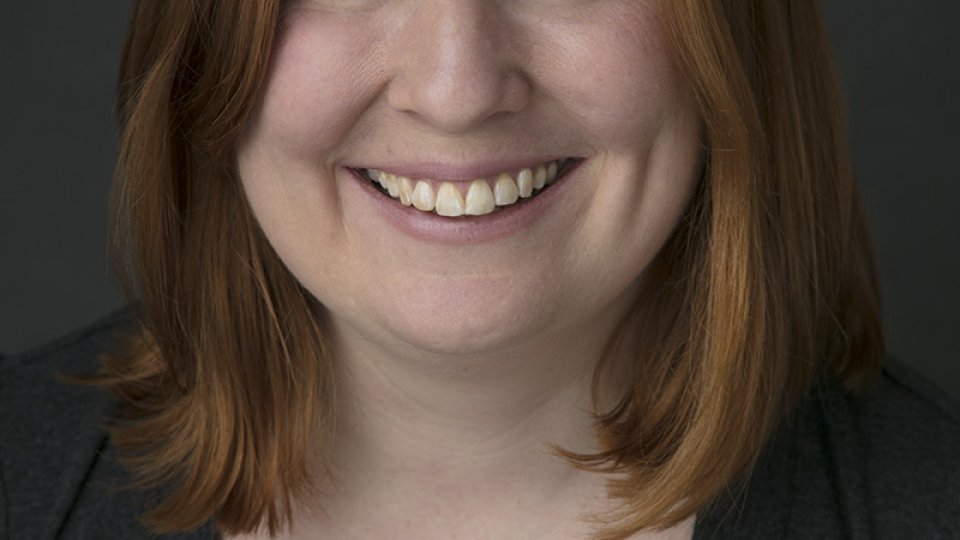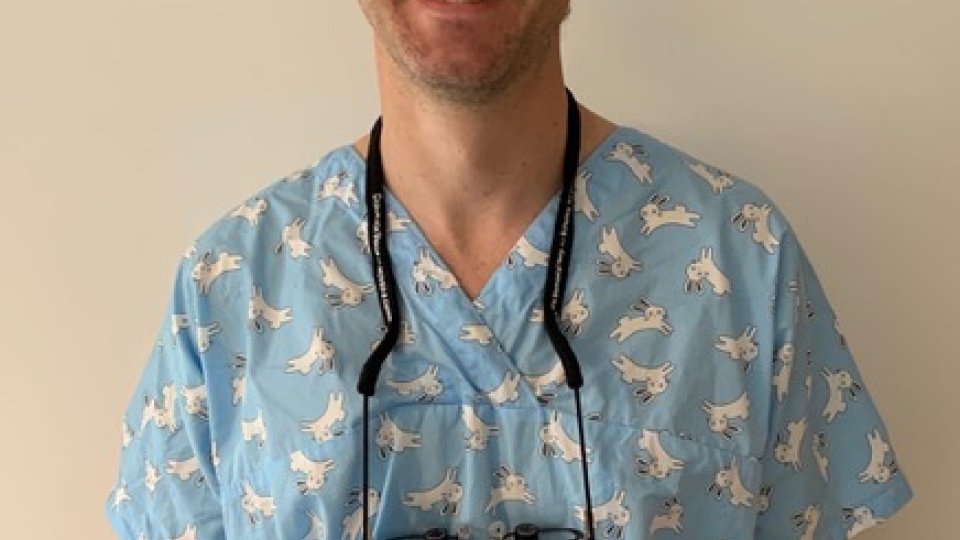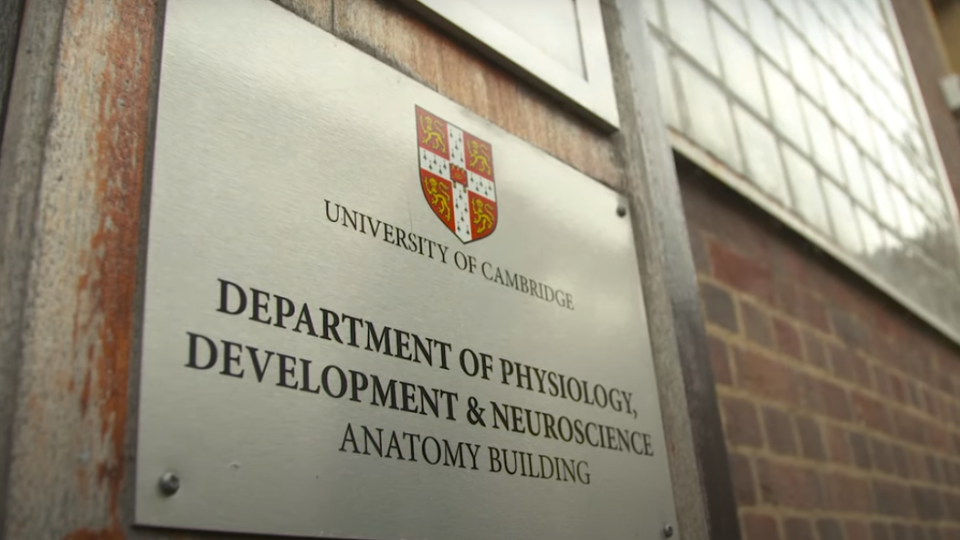
King’s staff and students are involved in many different ways in the fight against COVID-19. Two King’s medics, Dr Fraz Mir and Dr Ben Ravenhill, are doing this on a daily basis at Addenbrooke’s Hospital in Cambridge – and experiencing first hand the devastation the disease can wreak.
King’s Bye-Fellow Dr Fraz Mir is consultant physician in acute medicine and clinical pharmacology and therapeutics at Addenbrooke’s. As the threat from the new COVID-19 coronavirus became clearer at the start of this year, the focus of his work changed – he now runs a COVID ward, where coronavirus positive patients needing hospitalisation are first admitted.
His patients range from the less serious – they may need observation and monitoring, hydration and fluids – up to those needing to be moved out of the ward and into intensive care therapy. As a large major hospital for the city and the region, the ICU is busy, and Addenbrooke’s has seen patients transferred from some of the stretched London and Essex hospitals.
‘The most challenging part is often to provide reassurance and support to patients. People come in very frightened – our job, as well as treating them, can be to provide hope and remove additional anxieties, to be positive.’ But for some patients the outcome will not be good, and for doctors and nursing staff alike this has been a highly demanding time emotionally. Relatives can now in many cases come in to see those who are dying, and communication is an increasingly vital part of daily patient care – where before in an ICU ward doctors were able to speak to family members in person, now they call next of kin by default every afternoon to report on how their loved ones are doing.
For Fraz, the experience became personal in March when he became ill with the virus. He believes he caught it off a patient, and after a week at home his condition worsened. He was in hospital for four days, and a month later is still feeling fatigued at times, although is now back at work. ‘I was able to judge how I was doing, and my colleagues were great at sharing test results, so I was never too worried – but I am more aware than ever how this disease can seriously affect anyone.’
Dr Ben Ravenhill is a senior house officer at Addenbrooke’s, and an academic clinical fellow. A Bye-Fellow at King’s, he is Director of Studies for second year medics and before the lockdown was researching into viral infections. As someone who had done an ICU rotation previously, he was quickly called back into frontline medicine and is currently on one of the intensive care units, caring for some of the sickest patients.
For him, the most challenging time was early on, when there was a lot of uncertainty. ‘We couldn’t be sure how many cases there would be, if there would be enough ventilators, or we would have sufficient haemofiltration fluid.’ But he also remarks on the extraordinary support and team spirit among his colleagues, and that because of the new practices that have been put in place, some things have never worked better.
Like Fraz, he finds relatives not being able to visit their loved ones one of the hardest things about the medical care for coronavirus. ‘Using Facetime has become incredibly important. We now have an exceptional visitors policy for the most seriously ill patients, but for others enabling communication virtually, and updating relatives everyday by phone, is vital – and as visitor access restrictions are likely to continue for some time, will go on being so.’
Both feel that Cambridge has been fortunate in many ways. ‘When the lockdown happened, cases weren’t widespread here. The hospital wasn’t overwhelmed, and we were able to cope well. We had time to prepare, and to ensure capacity by taking measures such as cancelling elective surgery.’ Addenbrooke’s has not seen some of the PPE shortages experienced elsewhere, and has also been able to call upon the density of expertise offered by the University – academics have donned scrubs again, and doctors and anaesthetists have been pulled in from other places and specialisms.
Fraz and Ben teach King’s medical students, and are now involved in delivering online learning. For both, there is also a research interest – as Fraz remarks, ‘We are all learning together about this disease. As a medic, a clinician and a scientist I find it fascinating.’
Although the peak for now appears to have passed, Fraz is still seeing cases every day coming into the emergency COVID admission area at Addenbrooke’s. ‘COVID is not going away any time soon. We will need to continue to monitor, and to be vigilant.’






